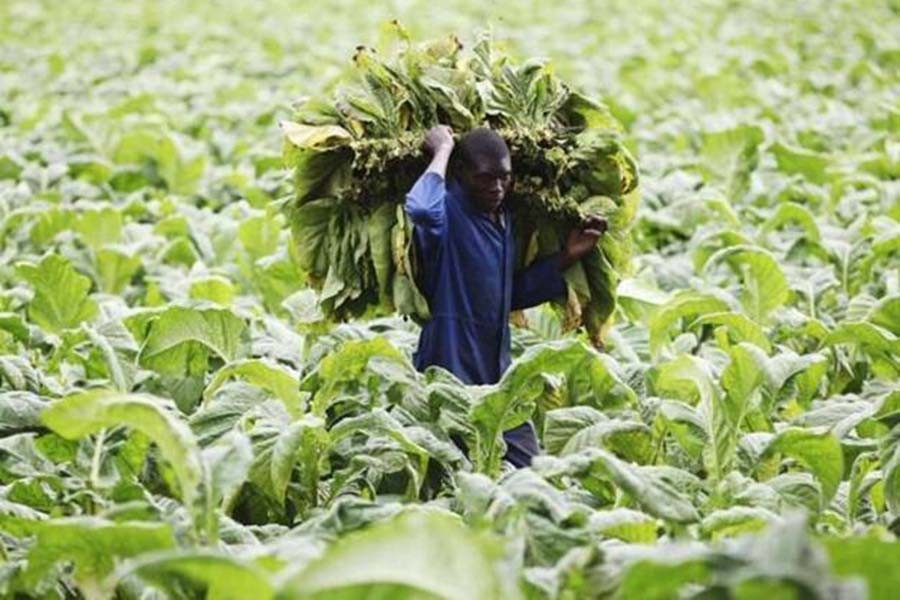Initiatives by Bangladesh for contract farming in African countries may sound a bit unconventional to many but on a planet considered a global village, these appear to be quite in sync with time and pragmatic. In fact, the country is way behind others including its neighbours by at least 10 years. While this country takes the issue seriously just now, China, India, Pakistan, Egypt and some European countries were smart enough to make the contract farming foray a decade ago on receiving the invitation around that time. Bangladesh was also approached to take the opportunity at the time but it dithered perhaps because of its lack of experience in such ventures and weakness in mechanised farming. Happily, the country has not missed the bus altogether. Another opportunity has arrived with the offers of leasing lands coming from Sudan and Kenya rightaway. This time the government is, reportedly, eager to accept the offers.
The advantage of contract farming for a country --- no matter if it is direct government or private investment --- is that it can choose the kinds of crops to be produced under such an arrangement depending on the demands at home and also in the host country. African soil in general is useful for producing paddy, maize, onion and wheat. For a land-scarce country with an outsize population like Bangladesh, contract farming in the African continent can be a golden opportunity. There are miles of fallow lands on that continent and apart from the two countries now offering a lease of lands, Zambia, Uganda, Tanzania, Ghana, Liberia, Ivory Coast, Senegal and Sierra Leone may well be the next contract farming destinations under both government and private arrangements. Thus the country can lessen the pressure on its domestic soil for growing those crops experiencing a mismatch between demand and production. Obviously, wheat and onion are likely to be the first two candidates. But staple may as well be produced not only for domestic consumption but also for export.
Given the growing number of mouths to feed and the rising threat from climate change, there is no option but to explore such alternative pastures abroad. Bangladesh has gained enough experience in farming vegetables and exotic fruits as well. So far as foods are concerned, the country's agriculture department has made remarkable advancements. Now it can depend on its knowledge, technology and experience to start agricultural ventures on foreign lands. To face the challenges abroad, agriculture may have to embrace far more modernisation and mechanisation. The country should accept the challenge.
Already many private investors have reportedly submitted their proposals for investment in African contract farming. If the parties boasting agricultural knowhow and long experience in the sector are selected for undertaking the responsibility of farming in Africa keeping an eye on mutual benefits of Bangladesh and the host countries, the ventures may contribute handsomely to food security of both parties. The risk factors notwithstanding, there is much to gain from such cooperation between and among nations. In this case, Bangladesh stands to gain doubly because of the employment of farm hands for contract farming in those countries. Such employment will additionally give farm workers and employees a sense of migration with jobs abroad.


